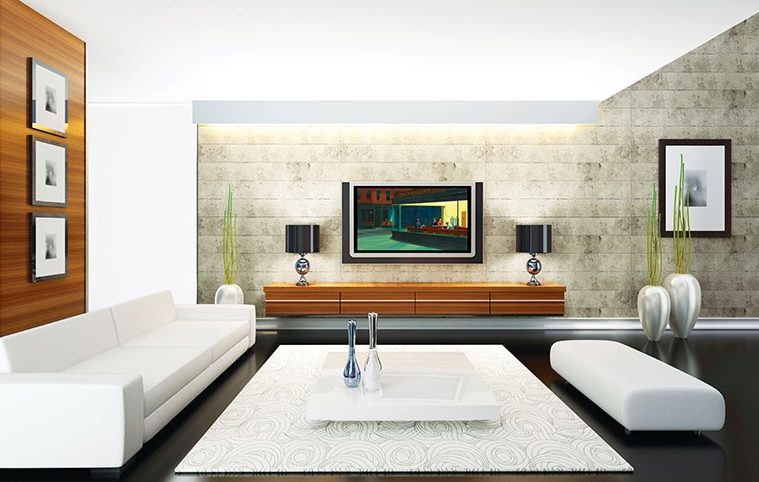In just about every living room, there is a television that sits unused for hours every day. Fledgling app Artkick aims to transform that vacant black rectangle into a canvas for artistic exploration.
“Artkick asks the simple question: When you’re not watching TV, why [not] fill it with beautiful art?” says company founder Sheldon Laube, a serial entrepreneur with four previous start-ups under his belt. “We want to bring art into millions of homes.”
To that end, the app lets users display renowned paintings, modern photography, and even their latest vacation pictures on their televisions. Artkick has collaborated with more than 4,000 museums worldwide to assemble a library of 250,000 works of art, ranging from classics by the likes of Monet and Vermeer to stunning landscape photographs.
Choose one image to display at a time, or rotate through an album of favorites. Upload a Picasso for a cocktail party or a collection of vintage family photos for your grandmother’s 80th birthday dinner.
“Why shouldn’t your art change to match your mood?” asks Laube. “You can change your whole surroundings by switching your art.”
So, how does it work?
Any TV connected to the Internet, directly or through a device such as Chromecast or Roku, can access Artkick. A growing roster of TVs also allow users to download Artkick directly through built-in app stores. Otherwise, users simply need to download the free app to their phones or tablets, from which they can choose the art they want to display and send it to their television sets.
The content is organized much like music on an iPod. Users can browse art by genre, artist, or subject; organize their favorites into view lists; and even share these lists over Facebook and Twitter.
Currently, the app and all of its content are free. This fall, Artkick will start offering premium channels on a subscription basis. Paid content will include news photography—images from the big game or the Oscars, for example—and licensed works from contemporary artists. The details aren’t set yet, but Laube expects these subscriptions to cost “a couple of dollars a month.”
Laube has aspirations for Artkick that go beyond the purely commercial, however.
The app has its roots in Laube’s own childhood in New York City, where he learned to love art as a regular visitor to the famed Metropolitan Museum of Art, a destination he describes as his “playground.” Now, he hopes children and adults who haven’t had the same opportunities to experience art will use Artkick to launch their own explorations.
“We can take the beauty of art and bring it into people’s homes,” Laube says. “You can make it part of your world.” artkick.com

